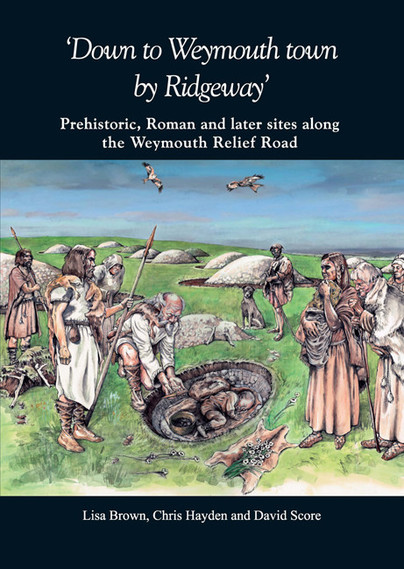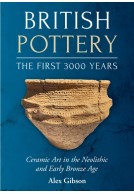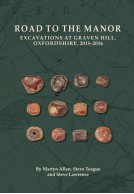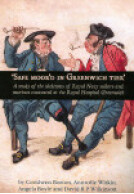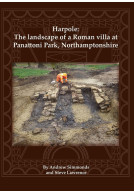Down to Weymouth town by Ridgeway (Paperback)
Imprint: Oxford Archaeology
Pages: 303
ISBN: 9780900341595
Published: 24th March 2014
Script Academic & Professional
Pages: 303
ISBN: 9780900341595
Published: 24th March 2014
Script Academic & Professional
You'll be £9.95 closer to your next £10.00 credit when you purchase Down to Weymouth town by Ridgeway. What's this?
+£4.99 UK Delivery or free UK delivery if order is over £40
(click here for international delivery rates)
Need a currency converter? Check XE.com for live rates
(click here for international delivery rates)
Need a currency converter? Check XE.com for live rates
The Weymouth Relief Road crosses an area of intricately varied geology and one of the richest and most important cultural landscapes in England, which preserves a wealth of archaeological and historical remains. Extensive fieldwork in advance of construction of the Weymouth Relief Road yielded evidence of Neolithic, Bronze Age and Iron Age settlement and funerary activity, along with vestiges of Roman occupation.The main sites were located at Ridgeway Hill, located on the edge of South Dorset Ridgeway, at the northern end of the scheme and at Southdown Ridge close to the southern end. At Ridgeway Hill a sequence of Neoltihic pits was investigated, along with several groups of early Bronze Age inhumation and cremation burials in pits and cists. The burials were probably originally associated with barrows that belonged to the Ridgeway Hill group, one of the densest concentrations of Bronze Age round barrows in Britain. At Southdown Ridge a settlement that spanned the late Bronze Age/early Iron Age to the late Iron Age was discovered lying adjacent to a cross-ridge dyke and prehistoric field enclosures. The inhabitants engaged in shale-working activity as well as agriculture until the settlement was abandoned and converted to a cemetery in which the dead were buried in the distinctive south Dorset tradition, accompanied by grave goods, and later in the Roman tradition of coffined burial.
Customers who bought this title also bought...
Other titles in Oxford Archaeology...







